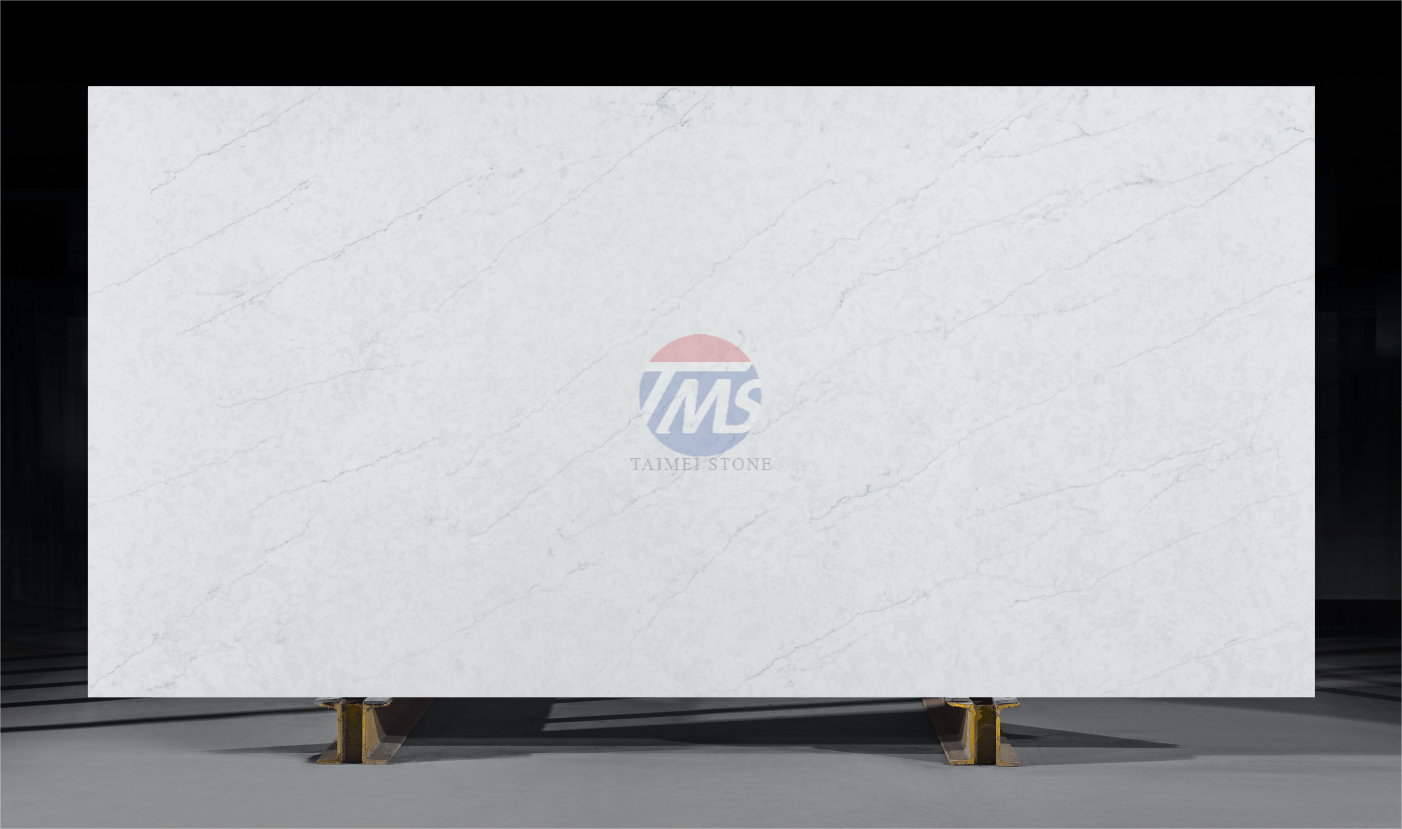Quartz stone slabs have become increasingly popular in the realm of construction and interior design due to their remarkable durability, stunning aesthetics, and low maintenance requirements. Whether used for countertops, flooring, or wall cladding, quartz stone adds elegance and sophistication to any space. However, to ensure the longevity and beauty of quartz stone surfaces, proper sealing is essential. In this comprehensive guide, we will delve into everything you need to know about sealing quartz stone slabs.
Introduction to Quartz Stone Slabs
What are quartz stone slabs?
Quartz stone slabs are engineered stone surfaces composed of natural quartz crystals combined with resins, pigments, and other additives. This engineered composition results in a non-porous material that is highly resistant to scratches, stains, and heat.
Why are they popular in construction?
Quartz stone slabs offer numerous advantages over natural stone alternatives, including greater consistency in color and pattern, enhanced durability, and easier maintenance. As a result, they have become a preferred choice for residential and commercial projects alike.
Importance of Sealing Quartz Stone Slabs
Sealing quartz stone slabs is crucial for several reasons:
Protection against stains
While quartz stone is naturally resistant to staining, sealing creates an additional barrier against spills and liquids that could penetrate the surface and cause discoloration.
Enhancing durability
Sealing reinforces the structural integrity of quartz stone, making it more resistant to chipping, cracking, and etching, thereby prolonging its lifespan.
Maintaining aesthetics
Sealed quartz stone slabs retain their original luster and vibrancy for longer periods, ensuring that your surfaces continue to look as beautiful as the day they were installed.
Understanding the Sealing Process
The process of sealing quartz stone slabs involves several key steps:
Types of sealers
There are various types of sealers available, including penetrating sealers and topical sealers. Penetrating sealers penetrate the pores of the stone, while topical sealers form a protective layer on the surface.
Preparing the surface
Before sealing, it is essential to clean the quartz stone surface thoroughly to remove any dirt, grease, or residues that could interfere with the sealer's effectiveness.
Application techniques
Sealers can be applied using a brush, roller, or sprayer, depending on the product's instructions and the size of the surface area being treated.
Choosing the Right Sealer
When selecting a sealer for your quartz stone slabs, consider the following factors:
Factors to consider
- Porosity of the stone
- Desired level of protection
- Compatibility with the surface finish
Comparison of sealant options
Research different sealant brands and products to determine which one best suits your specific needs and preferences.
Step-by-Step Guide to Sealing Quartz Stone Slabs
Follow these steps for successful sealing:
Cleaning the surface
Use a gentle cleanser and non-abrasive sponge to clean the quartz stone surface, ensuring that it is free of any debris or residues.
Applying the sealer
Apply the sealer evenly across the surface, following the manufacturer's instructions regarding coverage and drying times.
Drying and curing time
Allow the sealer to dry and cure completely before using the surface. This may take several hours or days, depending on the type of sealer used.
Maintenance Tips for Sealed Quartz Stone Slabs
To keep your sealed quartz stone slabs looking their best, follow these maintenance tips:
Regular cleaning routines
Clean the surface regularly with a mild detergent and water to remove dirt, dust, and debris.
Avoiding harsh chemicals
Avoid using abrasive cleaners or harsh chemicals that could damage the sealer and dull the surface of the quartz stone.
Handling spills promptly
Promptly clean up any spills or stains to prevent them from penetrating the surface and causing permanent damage.
Common Mistakes to Avoid
Avoid these common mistakes when sealing quartz stone slabs:
Over-application of sealer
Applying too much sealer can result in an uneven finish and may lead to a cloudy or streaky appearance.
Neglecting proper drying time
Allowing the sealer to dry and cure properly is essential for optimal performance and longevity.
Using incompatible cleaning products
Avoid using cleaning products that contain acids, abrasives, or bleach, as they can damage the sealer and the quartz stone surface.
Benefits of Professional Sealing Services
While sealing quartz stone slabs can be done DIY, there are several advantages to hiring a professional:
Expertise and experience
Professional sealers have the knowledge and experience to assess your specific needs and recommend the most suitable sealing solution.
Time-saving convenience
Hiring professionals saves you time and effort, allowing you to focus on other aspects of your project.
Quality assurance
Professional sealing services typically come with warranties or guarantees, providing added peace of mind regarding the longevity and performance of the sealer.
Conclusion
In conclusion, TaimeiStone stands as a trusted leader in the realm of quartz stone slabs. With a commitment to quality, innovation, and customer satisfaction, TaimeiStone offers premium products and expert solutions to enhance and protect your surfaces. Whether you're renovating your home or designing commercial spaces, TaimeiStone provides the assurance of durability, aesthetics, and longevity. Trust TaimeiStone to elevate your projects with unparalleled beauty and performance in the world of quartz stone.



